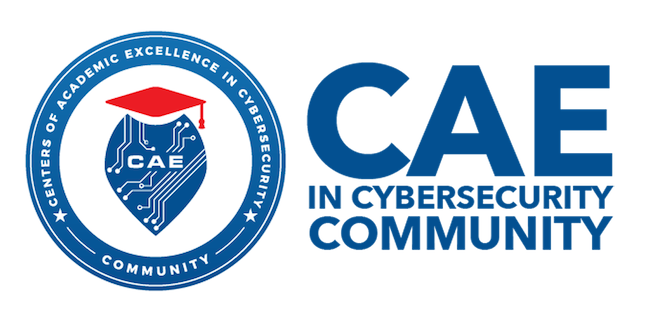

Executive Summary
Fair and secure elections are essential to democracy. Voting systems are as much a part of our nation’s critical infrastructure as are transportation, energy, and water systems. Thus, the importance of securing state and local voting systems that support both national and local elections cannot be underestimated.
The proposed project seeks to build a coalition of Commonwealth of Virginia Universities and Colleges partnering with the Virginia Department of Elections and industry. The coalition will be directed at as.sessing, improving and maintaining the cybersecurity of local registrar offices across the Commonwealth while simultaneously educating cybersecurity students. The coalition will be constituted as the VA Cyber Navigator Internship Program (VA-CNIP).
Envisioned activities of VA-CNIP student teams include: risk assessment of registrar information systems, analysis of system and network documentation for accuracy, guidance and assistance regarding software patches, systems updates, help configuring and deploying appropriate security software, ensuring compli.ance with best practices in securing systems, and helping share relevant information with other registrars.
The coalition will be led by the University of Virginia, which holds National Center of Academic Excellence in Cyber Defense Education and National Center of Academic Excellence in Cyber Defense Research designations. The government partner will be the Virginia State Board of Elections (referred to also as the Department of Elections). The Board of Elections’ mission is to promote and support secure, accurate, fair and open elections for the citizens of the Commonwealth.
The coalition will include a set of universities with faculty committed to actively participating in the effort and taking on leadership responsibilities at their home institutions including participation in course devel.opment and mentoring student interns. The universities include George Mason University, James Madison University, Norfolk State University, Old Dominion University, Virginia Commonwealth University, and Virginia Tech. Each of these universities also holds a current NCAE designation
In addition to these core universities, the coalition will include and support other Virginia universities and colleges that wish to have their students participate in VA-CNIP.
The major activities of the VA-CNIP coalition include:
- Development of a modular gateway course that 1) provides students with some understanding of the historical, cultural, and political significance of voting, 2) discusses the technical issues of securing election processes, and 3) introduces students to careers in service for public good. The course will be developed by a team of coalition faculty members A version of the course will be offered by all schools participating in VA-CNIP.
- Development of a two-day boot camp designed to prepare students for their internship assignments.
- Development of a mentoring playbook for VA-CNIP faculty members.
- Development of a two-day debrief and assessment activity. This activity will include all interns, their mentors, and representatives from the Board of Elections. The activity occurs immediately after the student interns finish their internships.
- Packaging all VA-CNIP program materials for dissemination and adoption by other interested states.
Broader impacts: VA-CNIP will have several broad impacts. First, VA-CNIP will help secure the Commonwealth of Virginia’s election information infrastructure. Second, the activity will provide a rich, relevant experiential learning experience for students in a critical area of public interest–election security. Third, a major goal of the VA-CNIP effort is to deploy a diverse cohort of interns each summer. The University of Virginia’s Department of Computer Science plan for broadening participation in computing has been reviewed and verified by BCPNet. Fourth, we will develop a unique approach to cybersecurity education by including the sociotechnical aspect of cybersecurity, in this case, providing students with an understanding of the history and cultural context of voting. Fifth, we hope that VA-CNIP can serve as a model for other universities and states. Towards this goal, all VA-CNIP materials will be openly shared via the CLARK repository for cybersecurity educational materials.
Funding: This effort is funded by the National Centers of Academic Excellence in Cybersecurity (NCAE-C) program which is managed by the National Cryptologic School at the National Security Agency. The award was made under the 2021 NCAE-C-001-2021 solicitation. The collaboration and support of the Commonwealth Cyber Initiative is also gratefully acknowledged.
University of Virginia Team
- Jack Davidson, Professor of Computer Science
- Daniel Graham, Assistant Professor of Computer Science
- Deborah Johnson, Olsson Professor of Applied Ethics, Emeritus
- Worthy Martin, Associate Professor of Computer Science
- Angela Orebaugh, Assistant Professor of Computer Science
- Karen Hoyt-Stewart, Elections Director, Soch, Inc.
Coalition University Team
- Massimilano Albanese, Associate Professor, George Mason University
- Mary Ann Hoppa, Associate Professor, Norfolk State University
- Chunsheng Xin, Professor, Old Dominion University
- Bob Dahlberg, Associate Professor, Virginia Commonweatlh University
- Justin Monday, Assistant Professor, Virginia Tech
Department of Elections
- Arielle Schneider, Policy Officer, Virginia Department of Elections

